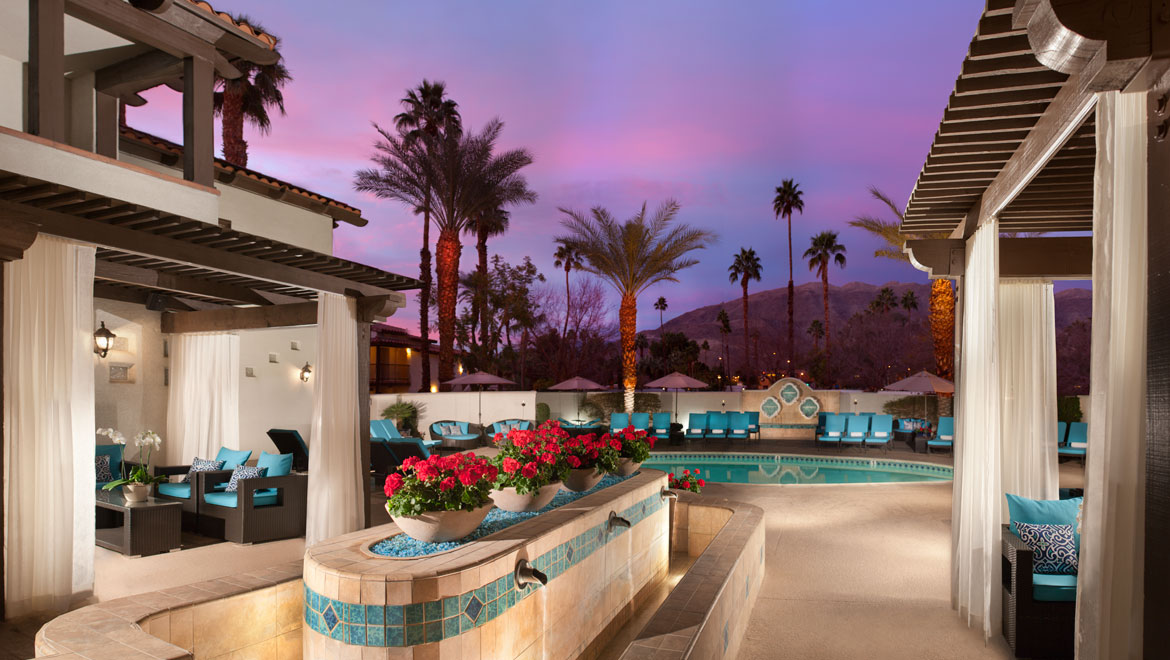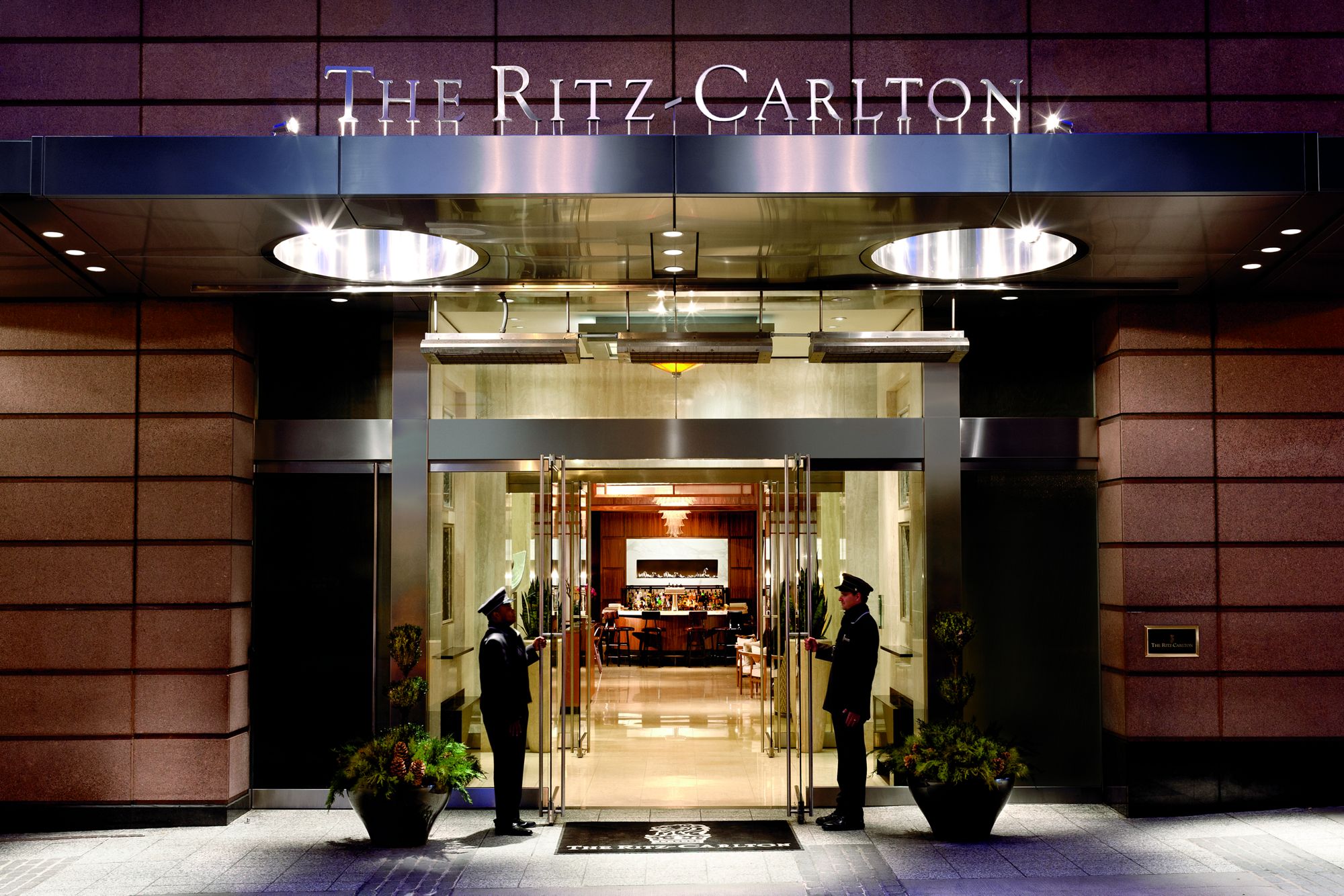The age of the smartphone has done much to dispel the illusions of traveler loyalty, something that is once again on display in this year's J.D. Power Guest Satisfaction index.
The 20th year of the study shows a clear plateau in guest satisfaction where it was once climbing strong. Overall satisfaction is up 2 points from 2015, reaching an average of 806. While this seems positive, satisfaction with costs and fees is up only 1 point this year when it improved 25 points between 2014 and 2015. Where is the disconnect? Here are four places HOTEL MANAGEMENT sees it taking place:
1. Lack of Differentiation
This has been a strong year for hotels as far as industry fundamentals are concerned, but in April when transient travel looked to be surpassed by group business growth John Hach, senior industry analyst at TravelClick, said it was the industry's mission to begin providing localized differentiation of value as opposed to homogenized benefits. Beyond cheaper rates, even beyond free Wi-Fi (which guests already want for free) there needs to be something that sets a hotel apart.
This idea was reiterated by Sean Cohen, TravelClick's Senior creative director, who gave a talk at this year's HITEC conference in New Orleans about the need for hotels to find their individuality in a bid to appeal to guests. "Customers are remarkably non-specific; they can't articulate what happiness means to them, and hotels are a little more generic than we want," Cohen said. "What people want to do in a city seems obvious to the operators running a hotel. They need to be in a situation where they can offer guests exactly what they want."
Our #JDPowerHotelStudy is out! We think Snorlax would approve. https://t.co/o6PZThoWO6 #PokemonGo #MyDreamHotel pic.twitter.com/8qBej1X7wW
— J.D. Power (@JDPower) July 14, 2016
2. The Mobile Mire
Operators are hungry to be back on top of the technology race, and are actively looking for new ways to use technology in their hotels. The industry's latest darling is the idea of mobile check-in, which has what feels like a long history in the industry while only being physically available to guests for a short time. In fact, it has yet to be fully rolled out across the majority of brands, which may be the primary contributor to its low adoption rate among guests.
According to J.D. Power's report, just 3 percent of guests are using mobile check-in. The report also clarifies that satisfaction scores for guests using mobile options are higher than those for guests using other methods, making this more of a time-gated concern that should solve itself over time.
3. Make it Free
By now we know that guests like their Wi-Fi free, fast and plentiful. They don't mind being limited to a certain number of devices as long as the service works, but it must be free or satisfaction suffers. In the J.D. Power report, 71 percent of guests said they received complimentary Wi-Fi, showing that hotels are getting the hint and changing practices accordingly.
Meanwhile, the other two amenities guests sought after most are breakfast and parking. While 56 percent of respondents received complimentary breakfast and 61 percent received free parking, the obvious takeaway is that any sort of incidental fee is going to cause friction at the satisfaction stage. Earlier I mentioned that satisfaction with costs and fees only rose 1 percent this year, which may be a result of fees reaching an all-time high due to strong industry performance. Recent rumblings show that the resort fee, long maligned by travelers, may have its days numbered and could be included in the initial price quote due to rulings from the Federal Trade Commission. But operators have no need to weep for lost revenue; if you are including it in the price then satisfaction is unlikely to suffer.

4. Lack of Appealing Rewards
In a clever move, hotels have continued to charge for amenities such as Wi-Fi while offering them for free behind their loyalty or rewards programs; by signing up, guests could access all of the amenities they were already paying for at no charge, and only had to offer up their email address to receive promotions prodding them toward direct bookings. This strategy is one hotels are using to try and cut online travel agencies out of the booking process, a strategy that may not have been working and could have cost valuable satisfaction points.
Since then, however, hotels rewards programs are evolving into better lures by hitting guests in the wallet. Several brands are offering lower rates than competing OTAs for direct bookings only accessible through loyalty programs, and while this may prove effective it exacerbates the loyalty issue because the J.D. Power report shows each consecutive generation of travelers trends away from joining these programs. Just 39 percent of gen Y guests are members of loyalty programs, while 56 percent of gen X and 66 percent of baby boomers have memberships. On top of that, it remains in hotels' best interest to get these guests enrolled because every generational group reports higher satisfaction numbers when members of a loyalty program.

"We’re finding that every succeeding generation seems to be less likely to be a member of a hotel rewards program than the one before," Rick Garlick, global travel and hospitality practice lead at J.D. Power, said in the report. “As we’ve seen across numerous industries that J.D. Power tracks, younger guests in particular are especially driven by the value proposition, underscoring the importance for hotel brands to make a stronger case for the benefits of loyalty to these travelers.”
Garlick also said in a statement that guests are wondering what hotels are bringing to the table that they haven't before. "When guests no longer see added value in the quality of amenities they receive, the only option to truly differentiate a brand is to develop a strong service culture that makes guests feel special and appreciated," he said.

The entire J.D. Power report can be found here, and the following brands topped guest satisfaction in their respective categories for 2016:
- Luxury: The Ritz-Carlton (for a second consecutive year)
- Upper-upscale: Omni Hotels & Resorts (for a second consecutive year)
- Upscale: Hilton Garden Inn
- Upper-midscale: Drury Hotels (for 11 consecutive years)
- Midscale: Wingate by Wyndham (for a second consecutive year)
- Economy/Budget: Microtel Inn & Suites by Wyndham (for a fourth consecutive year)
- Upper-extended stay: Hyatt House
- Extended stay: Home2 Suites by Hilton
